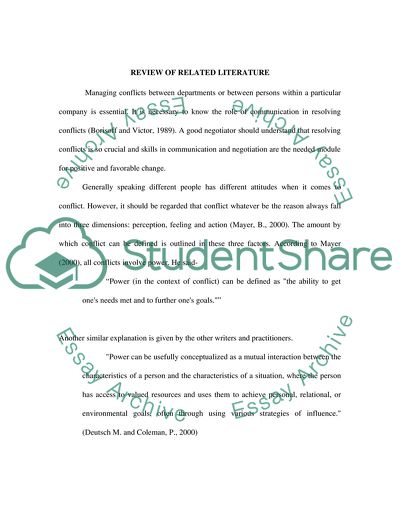Cite this document
(“Case Study (Communication) Essay Example | Topics and Well Written Essays - 2750 words”, n.d.)
Retrieved from https://studentshare.org/miscellaneous/1537380-case-study-communication
Retrieved from https://studentshare.org/miscellaneous/1537380-case-study-communication
(Case Study (Communication) Essay Example | Topics and Well Written Essays - 2750 Words)
https://studentshare.org/miscellaneous/1537380-case-study-communication.
https://studentshare.org/miscellaneous/1537380-case-study-communication.
“Case Study (Communication) Essay Example | Topics and Well Written Essays - 2750 Words”, n.d. https://studentshare.org/miscellaneous/1537380-case-study-communication.


